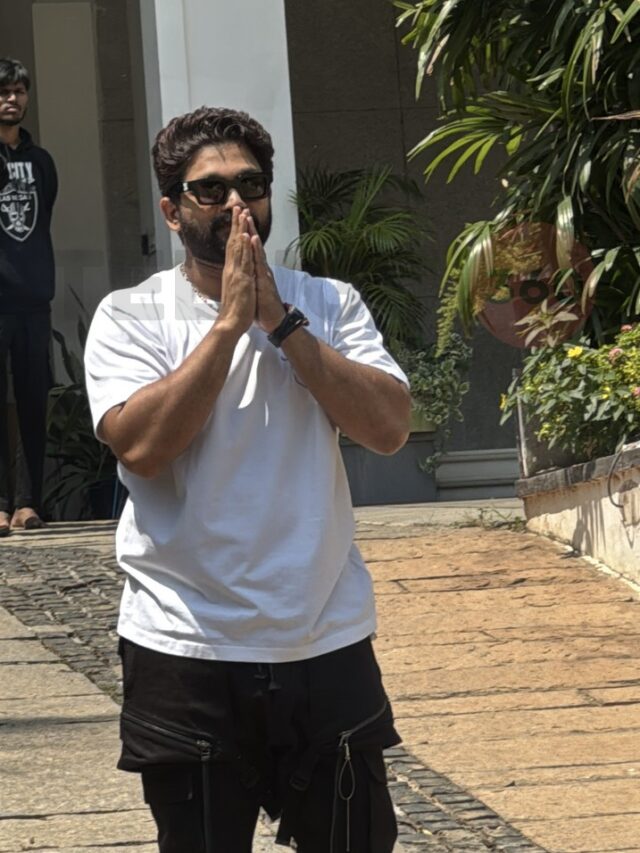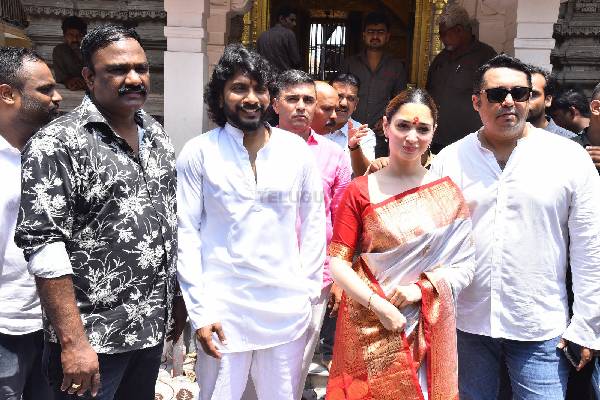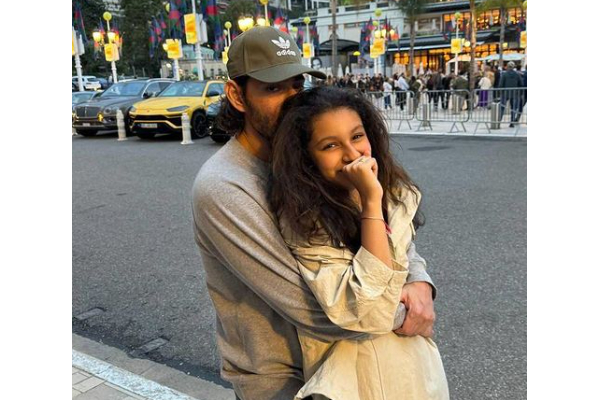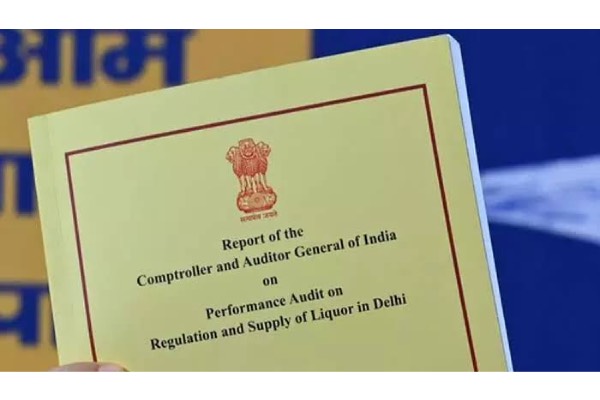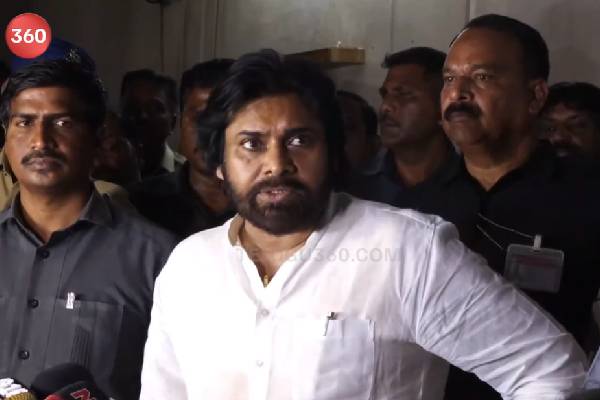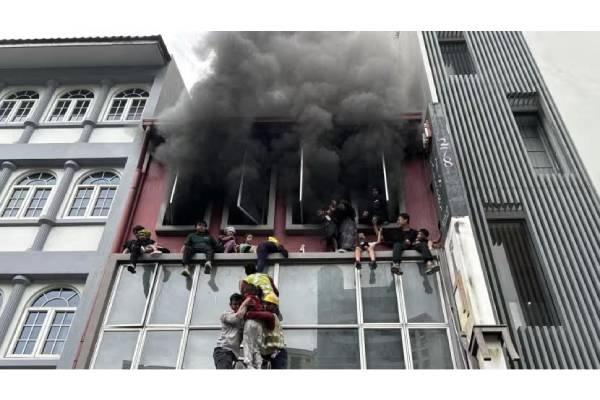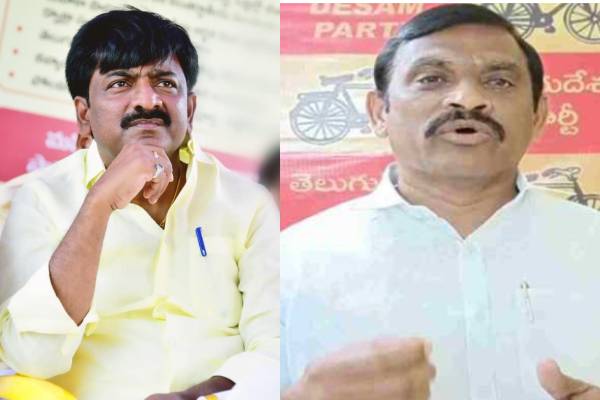On 25th February the Comptroller and Auditor General (CAG) of India has revealed significant flaws in Delhi’s liquor regulation system. The audit, covering the period from 2017-18 to 2020-21, highlights inefficiencies in licensing, pricing, quality control, and enforcement, leading to massive revenue losses and governance issues.
The Excise Supply Chain Information Management System (ESCIMS), designed to track liquor sales, failed to function effectively. A large portion of sales bypassed barcode scanning, raising concerns about illegal liquor circulation. Additionally, the Excise Intelligence Bureau (EIB) module remained non-functional, weakening oversight. Irregularities in barcode scanning also led to undue payments of ₹24.23 crore to the implementing agency, TCS.
The report flagged serious licensing irregularities. Licenses were issued without proper verification of financial solvency or criminal backgrounds. Multiple licenses were granted to related entities, increasing the risk of cartelization. Foreign liquor brands were registered without ensuring quality compliance, further compromising consumer safety.
Delhi state suffered a revenue loss of ₹2,026.91 crore due to policy mismanagement. Wholesalers manipulated prices as the Ex-Distillery Price (EDP) and Ex-Brewery Price (EBP) were not regulated. Non-retendering of surrendered zones and unwarranted waivers to licensees added to the financial burden.
The Excise Department accepted invalid quality test certificates, allowing substandard liquor to enter the market. Despite failing to meet BIS and FSSAI standards, many brands received approvals. Enforcement was equally weak, with poorly planned inspections and minimal penalties for violations. Illegal liquor trade and smuggling remained unchecked.
The now-withdrawn Excise Policy 2021-22 favored private wholesalers, creating monopolies. Key government approvals were bypassed, and exemptions were granted without legal backing. The failure to set up liquor testing labs increased the risk of spurious liquor sales. Sudden license surrenders disrupted supply, and delays in retendering caused further revenue losses.
The report identified major wholesalers like Indospirit, Brindco, and Mahadev Liquor, which controlled 71.70% of Delhi’s liquor supply. These entities had exclusive deals with top brands, raising concerns about cartelization and monopolistic practices. Cross-ownership and directorial links among companies further highlighted potential favoritism.
The report does not mention South Group or Kavitha specifically. The report does not explicitly mention Enforcement Directorate (ED) findings but acknowledges that the Delhi Excise Policy 2021-22 is under investigation by both the Central Bureau of Investigation (CBI) and the ED. Due to this, the Excise Department refrained from commenting on several aspects of the policy’s implementation, stating that any remarks could be prejudicial to the ongoing investigations.



